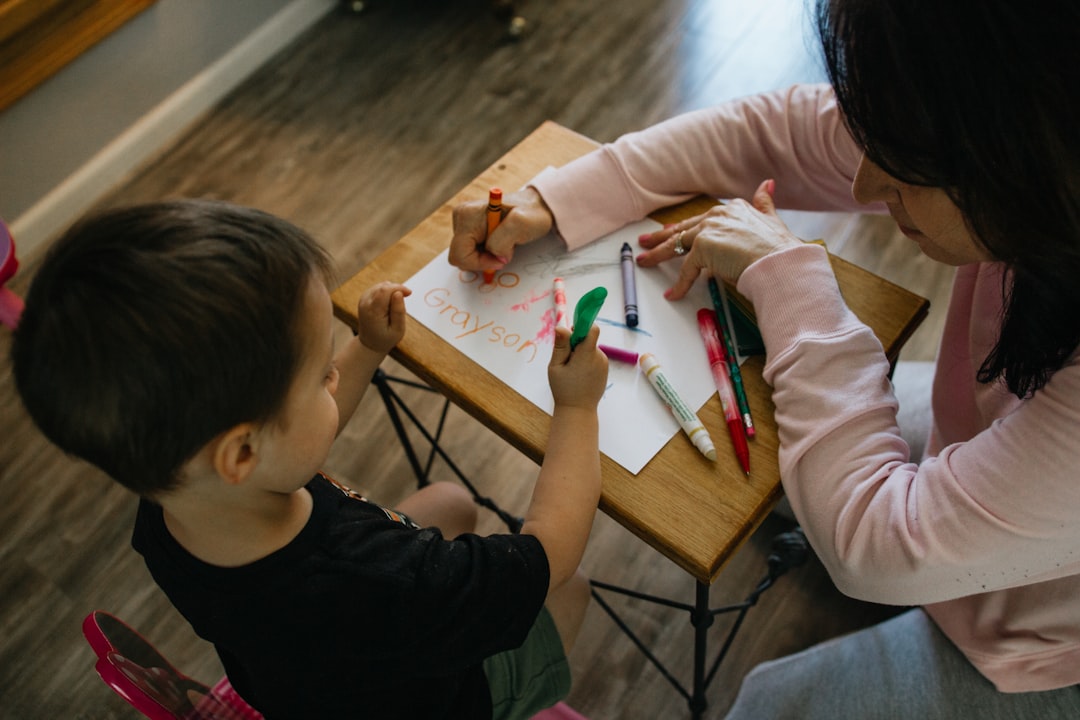Daycare abuse attorneys in Indiana are crucial for justice and recovery, navigating legal cases, recognizing abuse signs, and collaborating with authorities. Mental health impacts survivors' healing, emphasizing the need for integrated therapy and counseling services alongside legal action. Supportive approaches include empathy, evidence-based strategies, psychological interventions like individual and group counseling, safe spaces, and community networks to empower survivors through resilience and personal growth.
In Lafayette, recognizing and addressing daycare abuse is crucial for the well-being of children and survivors. This article delves into the intricate relationship between mental health and recovery from such traumatic experiences. We explore ‘Recognizing Daycare Abuse: A Legal Perspective in Indiana’, examining the role of daycare abuse attorneys. Additionally, we uncover ‘The Impact of Mental Health on Survivors’ Recovery’ and present ‘Effective Strategies for Healing’. By understanding these aspects, caregivers and legal professionals can foster a supportive environment for healing.
Recognizing Daycare Abuse: A Legal Perspective in Indiana

Recognizing and understanding daycare abuse is a critical aspect of ensuring justice and recovery for affected children in Indiana. From a legal perspective, daycare abuse refers to any form of physical, emotional, or sexual misconduct towards children within a daycare setting. In the state of Indiana, such incidents are taken very seriously, with strict laws in place to protect young ones. Daycare abuse attorneys in Indiana play a vital role in navigating these complex cases, ensuring that victims receive the support and justice they deserve.
These legal professionals are equipped to recognize the signs of daycare abuse, which can range from neglect and rough handling to more severe forms of assault. They work closely with law enforcement, child protective services, and medical professionals to gather evidence and build strong cases. The goal is not only to hold accountable those responsible but also to create a safer environment for children in daycare centers across Indiana.
The Impact of Mental Health on Survivors' Recovery

The impact of mental health on survivors’ recovery from daycare abuse cannot be overstated, especially in cities like Lafayette where seeking justice and healing is paramount. Survivors often carry invisible scars, grappling with anxiety, depression, and post-traumatic stress disorder (PTSD). These conditions can significantly impede their ability to heal and rebuild their lives. Effective recovery necessitates addressing these mental health concerns alongside legal action against daycare abuse attorneys in Indiana.
Daycare abuse can lead to profound emotional trauma, making it crucial for survivors to access professional mental health support. Therapy, counseling, and other interventions play a vital role in helping individuals process their experiences, develop coping strategies, and regain a sense of safety and control. By integrating mental health services into the recovery process, survivors can navigate the challenges they face with resilience and hope, paving the way for lasting healing and personal growth.
Supporting Survivors: Effective Strategies for Healing

Supporting survivors of daycare abuse is a multifaceted process that requires empathy, patience, and evidence-based strategies. For children and adults who have experienced trauma in a care setting, healing often involves addressing underlying mental health concerns. Daycare abuse attorneys in Indiana emphasize the importance of immediate psychological intervention to help individuals process their experiences and develop coping mechanisms.
Effective healing strategies include individual therapy, group counseling, and specialized programs tailored to address complex emotional needs. Creating safe spaces where survivors can share their stories without judgment fosters trust and encourages them to express their feelings openly. Additionally, integrating art, music, or play therapy can be beneficial for those who may find verbal communication challenging. Supportive networks, both within the community and among family and friends, play a crucial role in facilitating the recovery process by offering encouragement and practical assistance.






